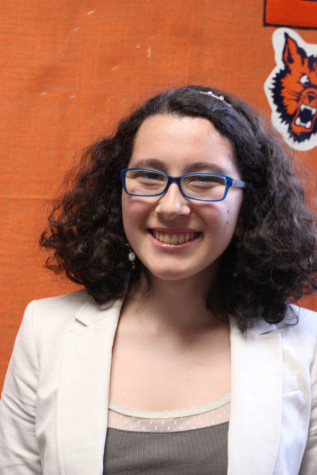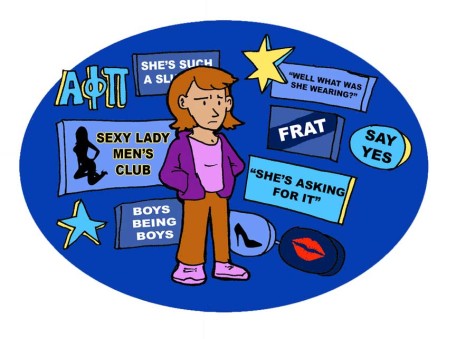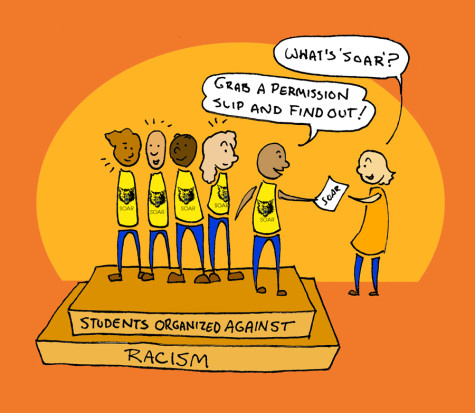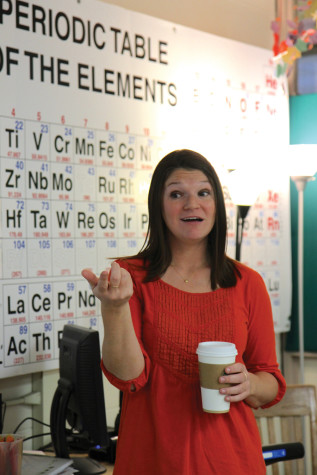Thanksgiving feasts vary from culture to culture
While some people may be preparing a turkey this Thanksgiving, others will be eating meals different from the iconic bird.
“Our Thanksgiving celebrations are always a little unique. Since my mom was born and raised in Iran, she is Assyrian, so we often mix Assyrian food with the food from my dad’s side of the family, who is American,” says Georgia Wilson, freshman.
“We eat tzatziki, dolma, tea and baklava, but we also eat things like pumpkin pie and coffee cake,” says Wilson.
Thanksgiving began in America in 1621, when Plymouth colonists and Wampanoag Indians shared an autumn harvest feast that is known as the first Thanksgiving. While turkey was a key part of this original feast, it does not reach some peoples tables today.
“We usually don’t eat typical Thanksgiving foods,” says senior Mei Kelly, “We eat lamb or lobster because many of us don’t like turkey.”
Thanksgiving was not recognized as a national holiday until 1863, when President Abraham Lincoln proclaimed a Thanksgiving Day to be held every fourth Thursday in Nov. across America. Certain foods such as mashed potatoes and cranberry sauce quickly became holiday staples, but these are not the only dishes that people love to eat.
“My favorite Thanksgiving food are the Danish scones that we have after dinner,” says Daniel Fredrick, freshman. “We make them from scratch using a recipe from my mom’s parents, who are Danish.”
“My family eats pupusas, tamales, and chicken, and we also make traditional drinks like horchata and agua de frutas,” says Jennifer Gomar, senior. “My favorite food are the pupusas because there are different kinds with different tastes.”
Although the meals may contain different components, the basic sentiment behind Thanksgiving is still the same.
“We see it as a symbolic day to reflect on what we are thankful for in our lives and spend time with the people we love,” says senior Sarah dos Santos.
Your donation will support the student journalists of the Evanstonian. We are planning a big trip to the Journalism Educators Association conference in Nashville in November 2025, and any support will go towards making that trip a reality. Contributions will appear as a charge from SNOSite. Donations are NOT tax-deductible.






